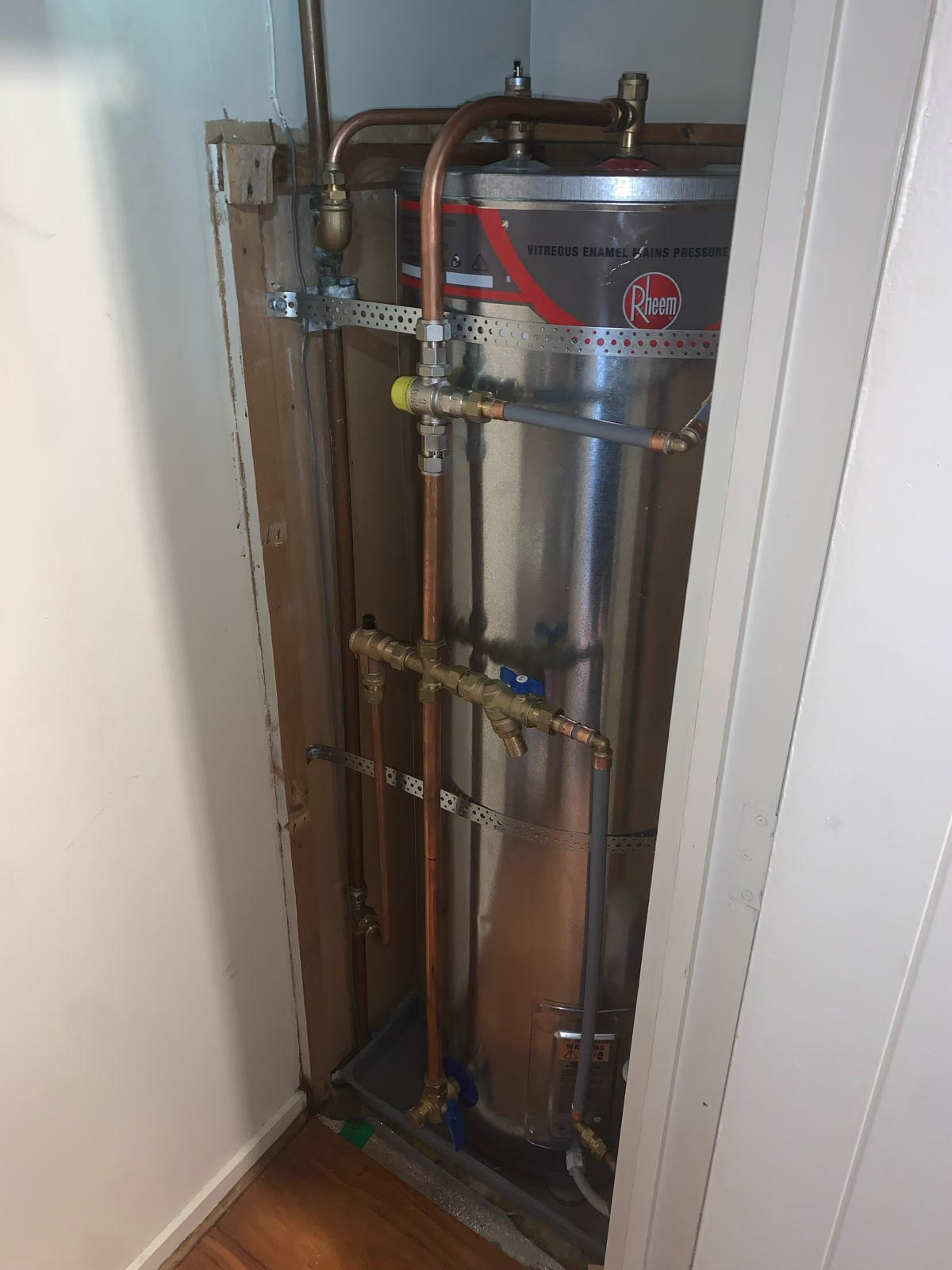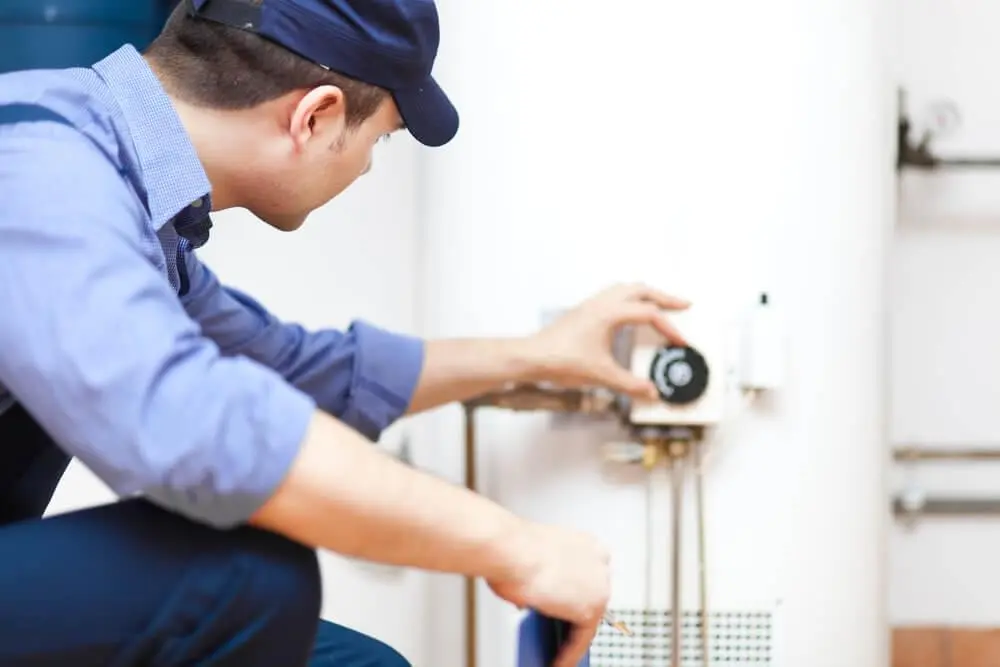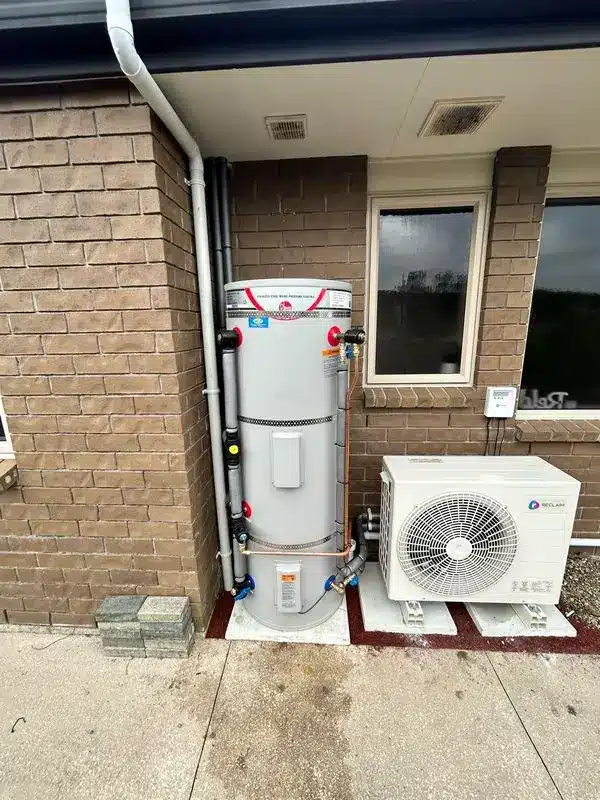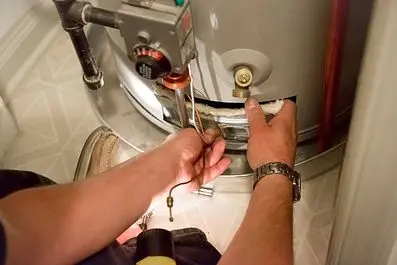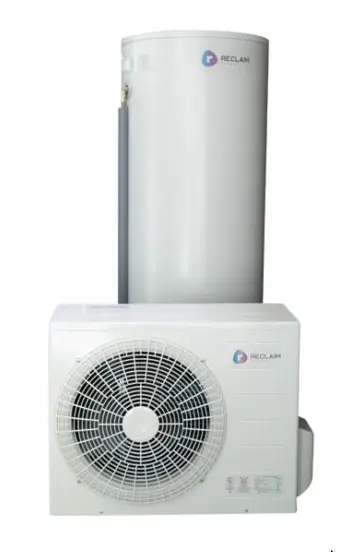Smart Cylinder Features
One of the most significant upgrades in recent years is the development of smart hot water cylinders. These incorporate digital controllers and in-built sensors to optimise water heating based on your usage patterns. Smart systems learn when you typically use the hottest water, only heating what you need, when you need it. This avoids wasting energy heating a full cylinder to 60+ degrees at times when you may use very little.
Over a year, an appropriately sized smart cylinder can save you approximately 30% off your hot water energy bill compared to older electric cylinders. Going smart also reduces your home’s carbon emissions making an eco-friendly choice. Models with well-insulated cylinders, heat pump integration, and smart boost functions provide the ultimate in clever water heating.
Right-Sizing Matters
One of the most common mistakes made when replacing an existing cylinder is failing to reconsider the capacity required. Many older systems are vastly oversized for a modern household with fewer occupants. Your hot water usage, averaging around 40 litres per person daily, helps determine the appropriate cylinder size. An ideal smart system allows you to start smaller (e.g. 180L) and add a second cylinder seamlessly if more volume is ever needed. The key is heating only what you use, not wasting money warming an oversized unit, so right-sizing matters hugely.
Heat Pump Integration
One of the most efficient ways to heat water is via a heat pump unit. Heat pumps extract latent heat from the outside air, even on cool days, providing around 3kW of heating power. Integrating an external heat pump with a smart cylinder combines the best of both technologies. Heat pumps significantly reduce the overall power needed from the cylinder’s electric heating elements. The smart controller figures out automatically when to harness free solar or heat pump heat or trigger short top-ups from the electric booster. The models now available make integration effortless.
With ambitious government targets of 200,000 Kiwi homes installing heat pump hot water over the next four years, incentives and subsidies may be introduced. Getting ahead of the curve by future-proofing your system for easy heat pump retrofit can make good financial sense.
Internet Connectivity
Some of the newest ‘connected’ cylinders go a step further by adding built-in WiFi and mobile app control. Instead of adjusting temperatures via an outdoor controller panel, view and change settings remotely from your phone. Receive notifications if unusual usage is detected, integrate with smart home platforms using IFTTT protocols, and see helpful stats on your hot water usage. With more appliances getting connected, an IoT enabled cylinder prevents your new system feeling outdated any time soon.
Backup & Redundancy
If a cylinder’s heating mechanism fails completely it may mean no hot water until it’s repaired – very inconvenient! Some smart systems now allow installing a secondary cylinder plumbed in parallel to provide backup if needed. Set to a lower priority, the backup only activates if the main unit develops a fault. This failsafe redundancy gives peace of mind that hot water will keep flowing uninterrupted. A dual cylinder setup also caters well for homes with extremely high peak demands.
Eco-Friendly Refrigerant
If integrating a heat pump for water heating, be mindful of the type of refrigerant used in the system. Most heat pumps contain synthetic greenhouse gases as the refrigerant which carries the heat energy. While very effective, these HFCs and HCFCs unfortunately have global warming impacts if they leak out over time.
Newer climate-friendly alternatives use refrigerants like CO2 with a minimal carbon footprint. So, opting for an eco-labeled heat pump with natural refrigerant helps reduce your solution’s long-term environmental impact. Specifying green heating technology aligns well with wider sustainability goals.
Smart Monitoring
Some of the most advanced smart hot water controllers now include comprehensive monitoring via a smartphone app. Detailed graph of your power use, water volumes heated, heating cycles, and exact times of peak demand can provide helpful insights. Over time you can fine-tune schedules and settings to align with actual usage patterns.
App integration also allows remote diagnosis by water heating specialists if any operational issues arise. Rather than guesswork, precise performance data aids quicker fault identification and resolution. So don’t underestimate the value long term of selecting an IoT enabled “connected” controller for richer monitoring.
Get Expert Design Advice
With so many options now available, professional design advice is invaluable before choosing your cylinders. Consult suppliers who specialise in smart hot water configurations to ensure your new system is properly sized and specified. A great hot water solution incorporates the right mix of cylinders, external heating sources, smart controls and sensors tailored to your specific property’s layout. Investing in a flexible, optimised design ready for additional upgrades will save money and keep your home’s hot water needs covered for decades ahead.
We hope these tips and insights have been helpful for planning your own family’s next hot water system replacement. By taking a forward-thinking approach, factoring in smart controls and future upgrades, you can relax knowing your new cylinder will serve you incredibly well in the long run. Please feel free to get in touch if you have any other specific questions!
Use our contact us page to reach us and we will be more than happy to discuss your hot water situation. Or give us a call on 0800 497658.
At Hot Water Solutions all we do is hot water!

